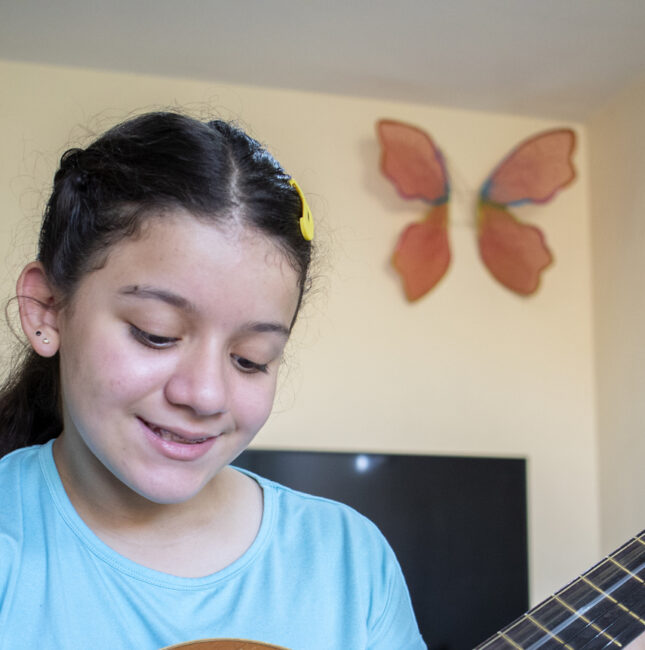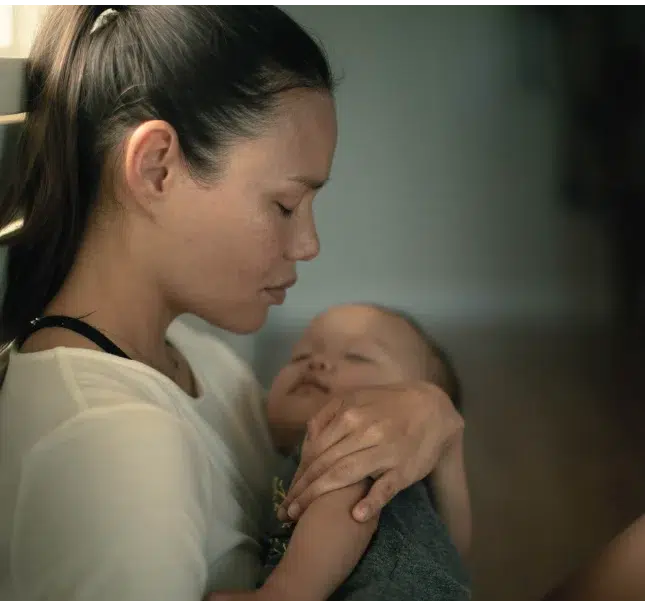There’s millions of reasons to care during National Carers Week
October 5, 2021
As we enter what we hope to be the final phases of the worldwide COVID pandemic, we are still wary of how unsettled the past year has left us. For carers — people who have been providing care and support to those with disabilities, mental health issues, chronic conditions, terminal illnesses, and even old age — it is more important than ever to ensure that they don’t forget to care for themselves.
Millions of reasons to care
In Australia, there are 2.7 million carers (around 11% of Australians) — over 860,000 of whom act as primary carers. Over half of these primary carers provide at least 20 hours of care per week, about one-third provide 40 or more hours, unpaid. These heroes give their time and love to family members and other loved ones who require further care and support. Carers aren’t just focused on physical health and needs. They often go above and beyond, improving the quality of their loved ones’ lives.
Rebecca’s Disability Futures team from CatholicCare makes sure that fun and skills education go hand-in-hand. “We have seen a lot of positive developments in our clients, both in their social interactions with each other and with their living skills development. They run a little café and cook lunches, learn hygiene and money handling skills. They go bike and horse riding, learn to catch public transport and enjoy sports days,” she says. Whether it’s ensuring that seniors benefit from cutting-edge programs such as the Memory Innovations Centre or planning out cultural and social events to help clients better connect with the world around them, Australia’s carers know that true health is holistic and multi-faceted.
Carers come from a diverse range of backgrounds but have these things in common – a genuine sense of compassion and responsibility to the community in general and a desire to make this world a better place for people in their lives. It would take around $1.5 billion a week to replace the unpaid work carers provide. With less than 60% of people with disabilities living at home feeling that their need for assistance has been met, even more carers are needed.
A little bit about Mental Health Month
October is Mental Health Month. This year especially, is a time to reflect on our inner strengths and maintain a realistic and compassionate mindset when it comes to returning to a closer semblance of “normal”. Even as social distancing requirements have been gradually relaxing, many people are still dealing with the aftermath — feelings of isolation, economic concerns, anxiety and more. Here are a few mental health self-care tips for carers:
Acknowledge your feelings
Whatever you are feeling — distress, sadness, angst, anger, hope — is valid. The pandemic was a life-altering event that affected the globe. You may feel you need to suppress your emotions to be a stronger person, to take better care of your loved one, but in order to deal with those emotions, you need to acknowledge them.
Be compassionate towards yourself
As a carer, you already exhibit compassion towards another person. It is equally important to treat yourself with similar compassion. You are human. You have also undergone a period of uncertainty and isolation. Be patient with yourself. If you need to take more time to do something, do that. If you need to reach out for help, don’t beat yourself up.
Look after your body
The link between mental and physical health has been known for a long time. To maintain your energy, mental resilience, and mood, make sure you practise good sleep and eating habits. If you can’t make your own meals, look into healthier takeaway alternatives and snacks.
The theme of this year’s Carers Week is “Millions of Reasons to Care“. It’s a opportune time to show Australia’s carers how valuable they are, and make sure that they take good care of themselves too. They deserve it!
We are always appreciative of our carers and the incredible work they do, but this week we take a special moment to stop and recognise all our carers. Phenomenal human beings, serving in justice and love.
More news stories like this one
Changing lives through literature
Many of us take it for granted that our kids will grow up learning to read and write, yet for many children throughout Australia, this is not the case. Lack of education and early literacy can affect children throughout their lives and lead to psychological damage, poor health, fewer job opportunities and lower incomes.
Read MoreBuilding a support network makes all the difference for Julia
It was May 2022, and Julia’s whole body went numb as she sat in a hospital room with her 14 year old daughter, Anna. They'd been discharged from the hospital, but they had nowhere to go.
Read MoreThe importance of post natal mental health
Parenthood can be an extremely emotional time for everyone as it brings immense change. It can be both joyous and...
Read More


